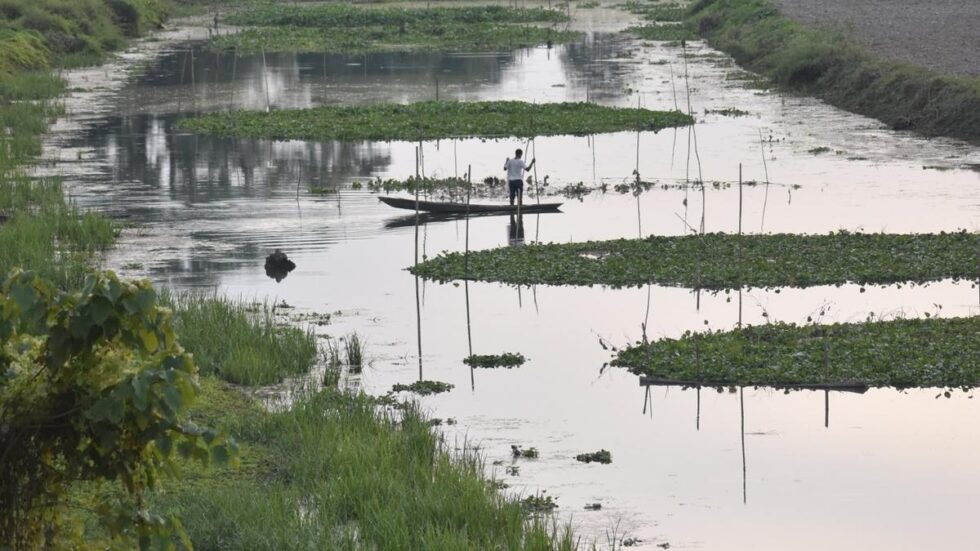
GUWAHATI
The number of avian species at a major wetland in north-eastern Assam declined by almost 72% in 27 years, a study has revealed.
The study on avian diversity at the Bordoibam-Bilmukh Bird Sanctuary (BBBS) straddling the Dhemaji and Lakhimpur districts was published in the Journal of Threatened Taxa recently. The authors of the study are North Lakhimpur-based independent researchers Lakhijyoti Saikia and Siddartha Suman Bora and Khirod Sankar Das of Barpeta’s Bhawanipur Anchalik College.
The trio conducted the survey over 154 days between October 2022 and March 2024 at the 11.25 sq. km bird sanctuary parked 90-95 metres above the mean sea level.
“A total of 167 avian species were recorded in 1997. We observed 47 species under 16 orders and 29 families during our 18-month study in the sanctuary,” Mr. Bora said. The drop in the bird species count since 1997 works out to 71.85%.
The study indicates the decline in avian diversity has been drastic since 2018. It cites a 2011 survey during which 133 species of birds belonging to 41 families were recorded, out of which 86 species were resident, 23 were migratory and 24 were local migrants.
Out of all the species recorded, three – brown shrike, citrine wagtail, and white wagtail – were winter migratory while the lesser kestrel was a summer migratory and the remaining 43 were resident species.
Another survey carried out between April 2017 and March 2018 recorded 120 species of birds apart from 133 species of macrophytes, 68 species of fish, and seven species of aquatic ferns.
The study listed a few anthropogenic activities as the causes of the decline in the bird species count at BBBS. These include overfishing, harvesting aquatic plants in excess, poaching of wild birds, and collecting bird eggs.
Among the birds poached are the lesser whistling duck, fulvous whistling duck, white-breasted waterhen, Indian pond heron, eastern spotted dove, and yellow-footed green pigeon.
The cultivation of crops with high-decibel machines close to the edge of the water body, and the use of the bird sanctuary as a pasture area have also forced the resident and migratory birds to “change their foraging and/or breeding grounds to somewhere else”, the study said.
“The degradation of wetland habitat may cause the water table to drop, the food chain to get disrupted, the migratory bird populations to decline, and the nutrient cycle to slow down, all of which are detrimental to the environment, ecosystem, and human beings,” the study said, advocating intense conservation efforts at the BBBS.
Assam is one of the most biodiversity-rich States in India and home to about 950 bird species, including 17 endemic species. The State has 55 Important Bird and Biodiversity Areas that act as the hotspots for various avian species.







